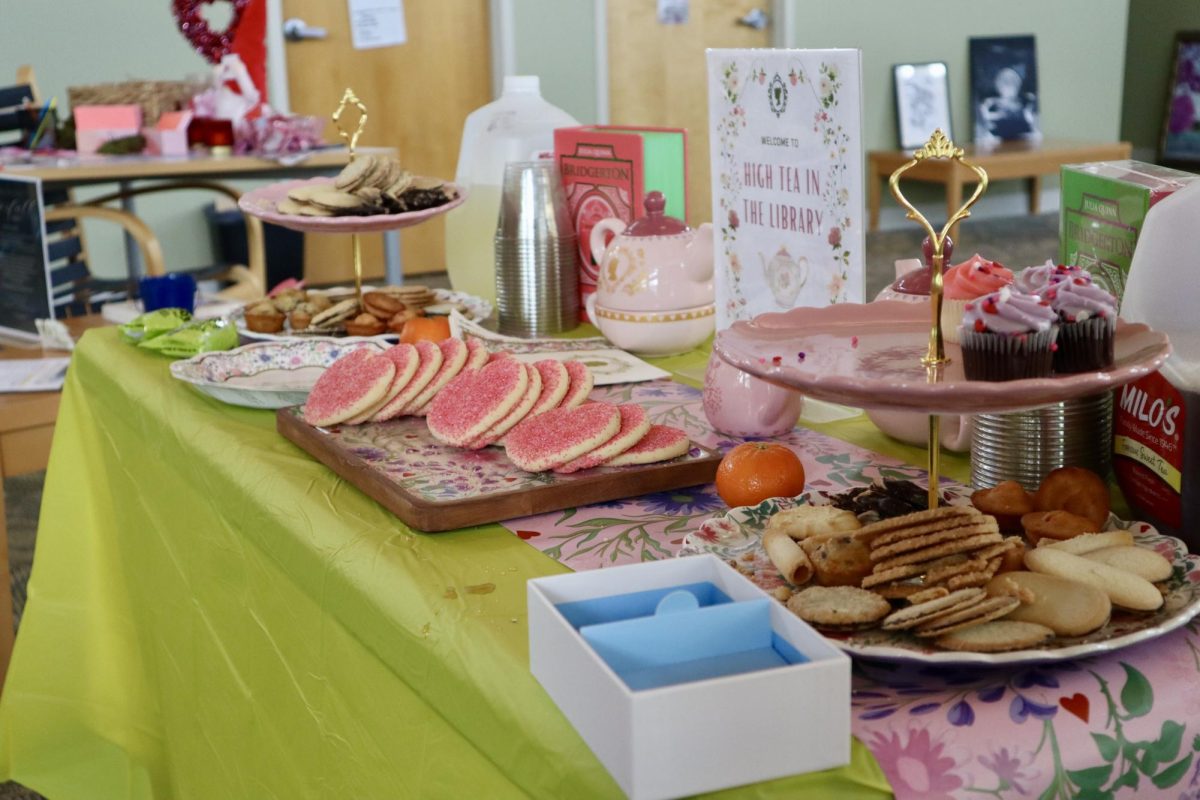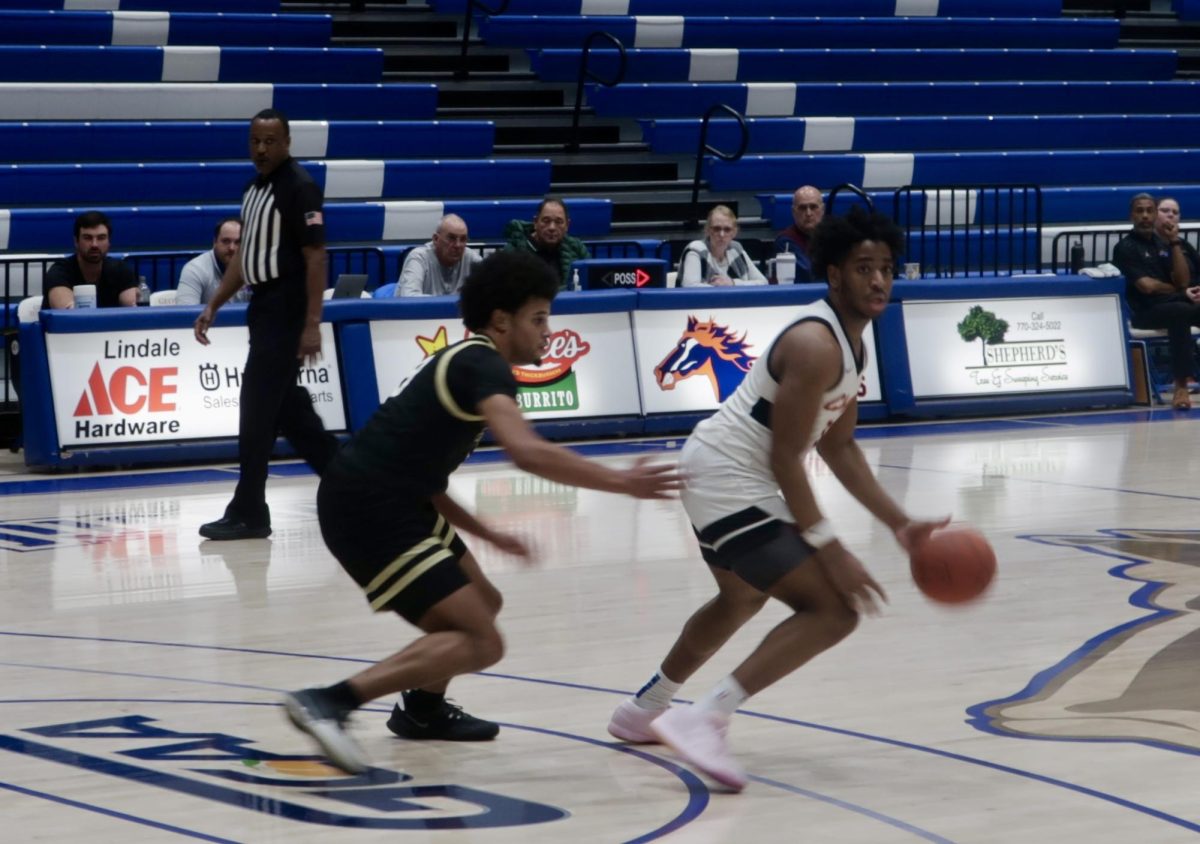Working students find it hard to balance academics

March 9, 2020
Earning a degree can be difficult when students have to work to support themselves while attending classes. Those with dependents, those from a low income background and those who aren’t comfortable living off borrowed money may feel obligated to work while in school.
According to a Harvard Extension School article, “a significant proportion of working students with dependents are living below the poverty line. That includes 66 percent of employed learners aged 16 to 29, and 39 percent of those aged 30 to 54.”
Nancy Lopez, a student on Floyd campus, works at a hospital, struggling through 12-hour shifts on Friday, Saturday and Sunday. She said initially it was awful and stressful.
“I struggled getting work in and missed an assignment for the first time,” Lopez said.
Lopez feels that if she weren’t working she’d have more time for student life activities and to study, but she appreciates having economic freedom
Lopez currently pays her tuition out of pocket, and only recommends working while in school if the situation demands it.
Tristen Tolbert is President of both the Gaming Club and of the SGA, and is involved with Green Highlands. Tristen unloads trucks for Walmart and said he has difficulty getting to his work on time after class. At one point, he had to work two jobs on top of house-sitting for his boss. He says it was worth it for the money, but not for his education.
Tristen doesn’t think working full time is for everyone, but that everyone should work at least part time. He also recommends scheduling school early and work late to leave time in between for homework.
Starr Alley currently works in the Floyd cafeteria and isn’t taking classes this semester due to financial difficulties. She finds it hard to balance her school and work life. Getting by with grants and scholarships, she’s “barely able to make ends meet.”
Though Starr appreciates having money, she misses her free time and wishes she had more to spend on her education. She didn’t have a choice in going to work, as both her parents work and she has to manage her own bills.
Though Starr doesn’t recommend working while in school unless the situation demands it, she appreciates the learning experience and how it has taught her to manage time and stress, preparing her for life.



































































